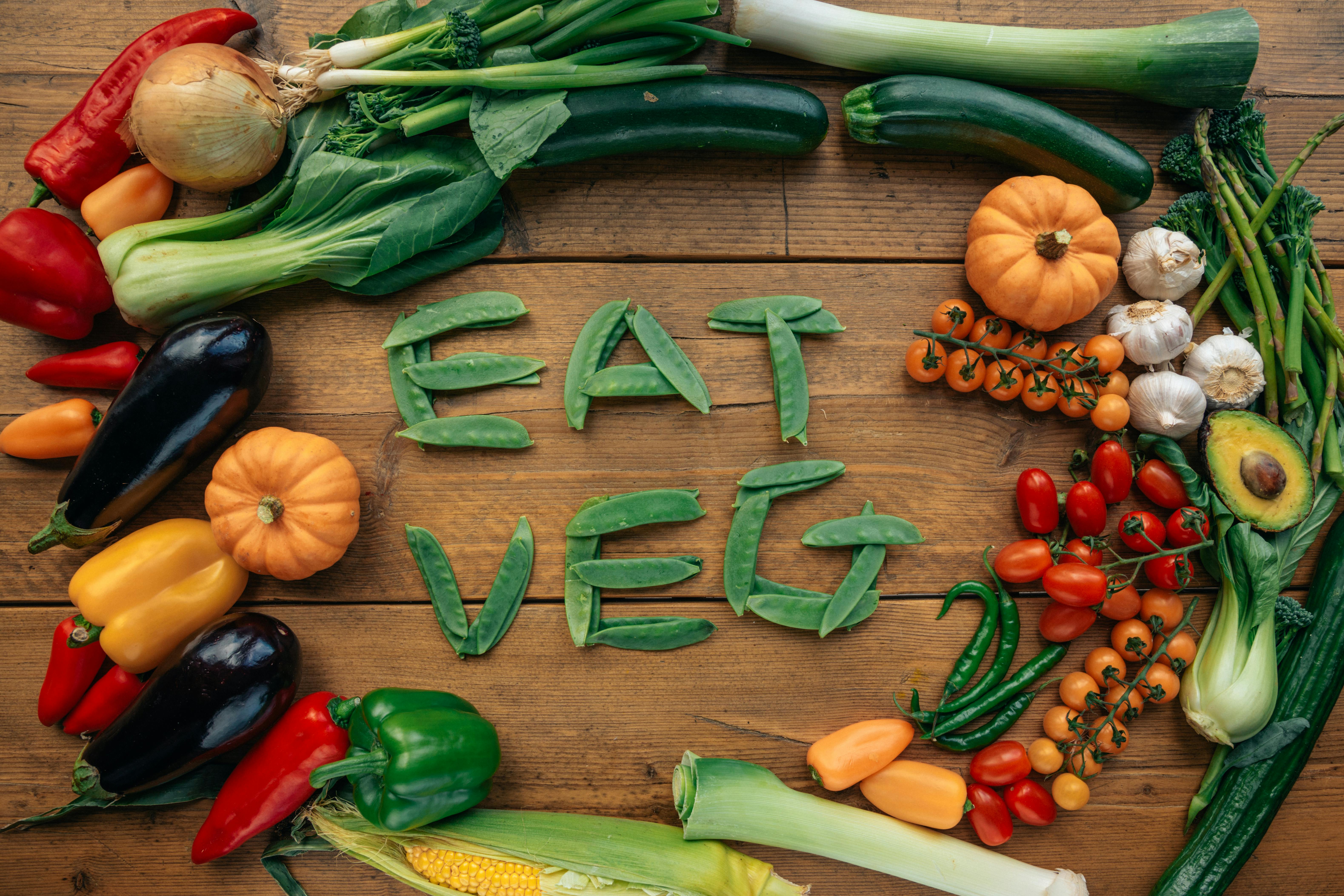Blockchain for Food Safety and Traceability: Revolutionizing Global Supply Chains
Blockchain
Food Safety
Supply Chain
RWA
Tokenization
AgTech
Blockchain for Food Safety and Traceability: Revolutionizing Global Supply Chains## The Emerging Landscape of Food Traceability TechnologiesBlockchain technology is fundamentally transforming the global food supply chain by introducing unprecedented levels of transparency, security, and accountability. As food safety concerns continue to escalate worldwide, innovative blockchain solutions are emerging as critical tools for tracking agricultural products from farm to table. The integration of distributed ledger technologies enables real-time monitoring, verification, and documentation of food provenance, addressing critical challenges in global agricultural systems.## Key Technological Frameworks and ImplementationsModern blockchain implementations for food traceability leverage advanced cryptographic techniques to create immutable, transparent records of product movement. These systems utilize smart contracts and tokenization to establish verifiable chains of custody, ensuring that every stage of food production can be precisely tracked and authenticated. Jurisdictions like Switzerland and Liechtenstein have been particularly progressive in developing regulatory frameworks that support blockchain-based agricultural tracking systems.### Global Blockchain Food Traceability Protocols1. IBM Food Trust: A comprehensive blockchain network connecting food producers, distributors, and retailers through secure, transparent tracking mechanisms.2. VeChain: Providing end-to-end supply chain solutions with specialized focus on agricultural product authentication and quality verification.3. OriginTrail: Decentralized data exchange protocol enabling seamless integration of supply chain information across multiple stakeholders.## Market Analysis and Economic ImpactRecent market research indicates significant growth in blockchain-based food traceability solutions. The global blockchain in agriculture and food supply chain market is projected to reach $1.2 billion by 2027, with a compound annual growth rate exceeding 45%. This exponential growth reflects increasing demand for transparent, verifiable food sourcing mechanisms.### Global Blockchain Food Traceability Market Statistics| Region | Projected Market Value (2027) | CAGR ||--------|-------------------------------|------|| North America | $425 Million | 47.8% || Europe | $310 Million | 44.2% || Asia-Pacific | $385 Million | 49.5% |## Legal and Regulatory ConsiderationsDifferent jurisdictions have varying approaches to blockchain implementation in food systems. The United States FDA has been developing comprehensive guidelines for digital traceability, while offshore financial centers like the British Virgin Islands and Cayman Islands are creating supportive regulatory environments for blockchain agricultural technologies.## Technical Architecture and Implementation StrategiesSuccessful blockchain food traceability platforms typically incorporate multiple technological components:- Distributed ledger infrastructure- IoT sensor integration- Advanced cryptographic verification- Smart contract automation- Machine learning predictive analytics## Emerging Technologies and Future PerspectivesThe convergence of blockchain with artificial intelligence, Internet of Things (IoT), and machine learning is creating sophisticated ecosystems for food safety monitoring. These integrated systems enable real-time quality assessment, predictive maintenance, and instantaneous recall mechanisms.## RWA.codes: Advancing Food Traceability SolutionsRWA.codes specializes in developing comprehensive blockchain solutions for agricultural supply chains. Our expertise spans advanced tokenization strategies, regulatory compliance frameworks, and cutting-edge technological implementations tailored to food industry requirements. We provide end-to-end consultancy and development services that transform complex supply chain challenges into streamlined, transparent systems.

